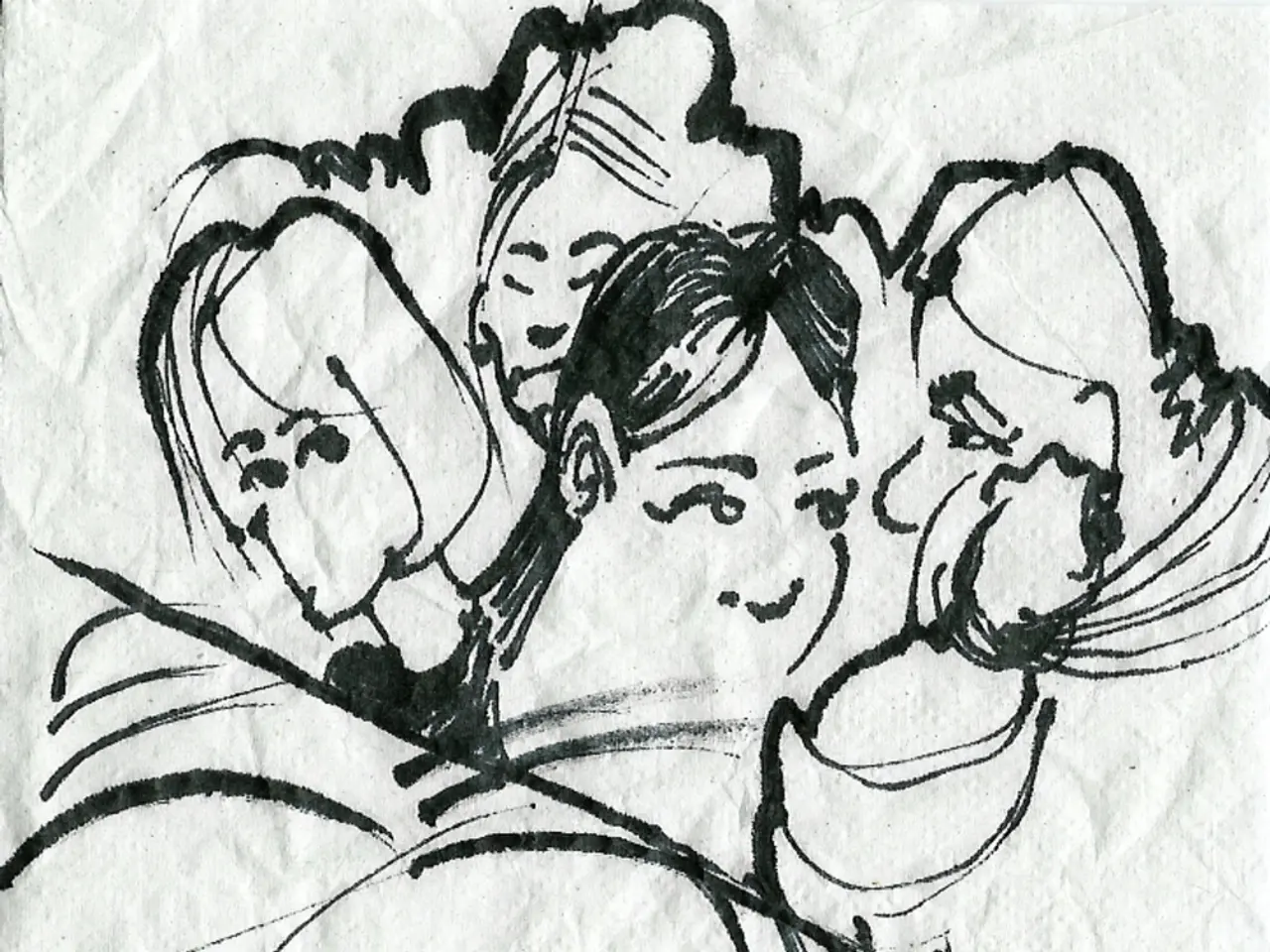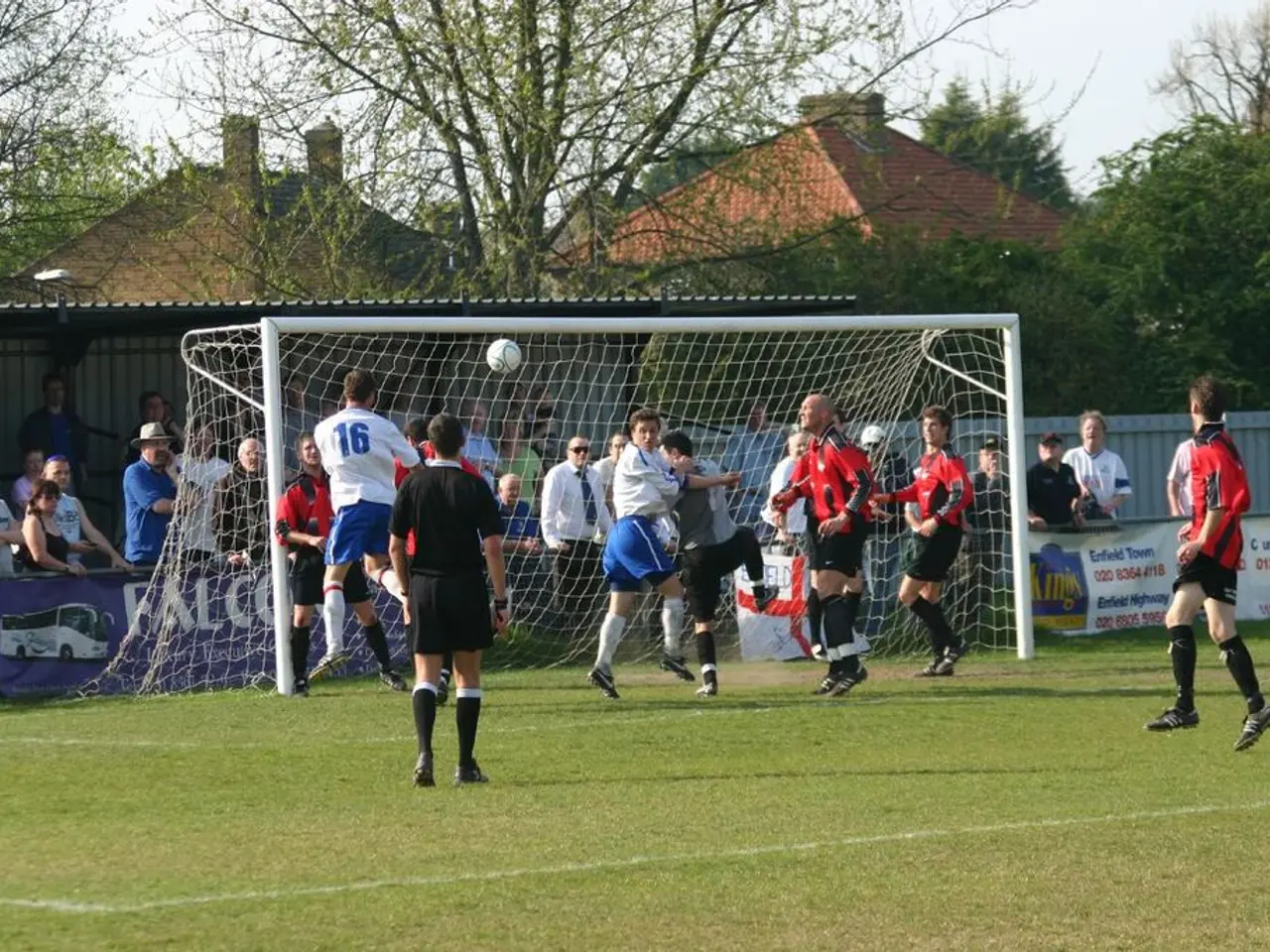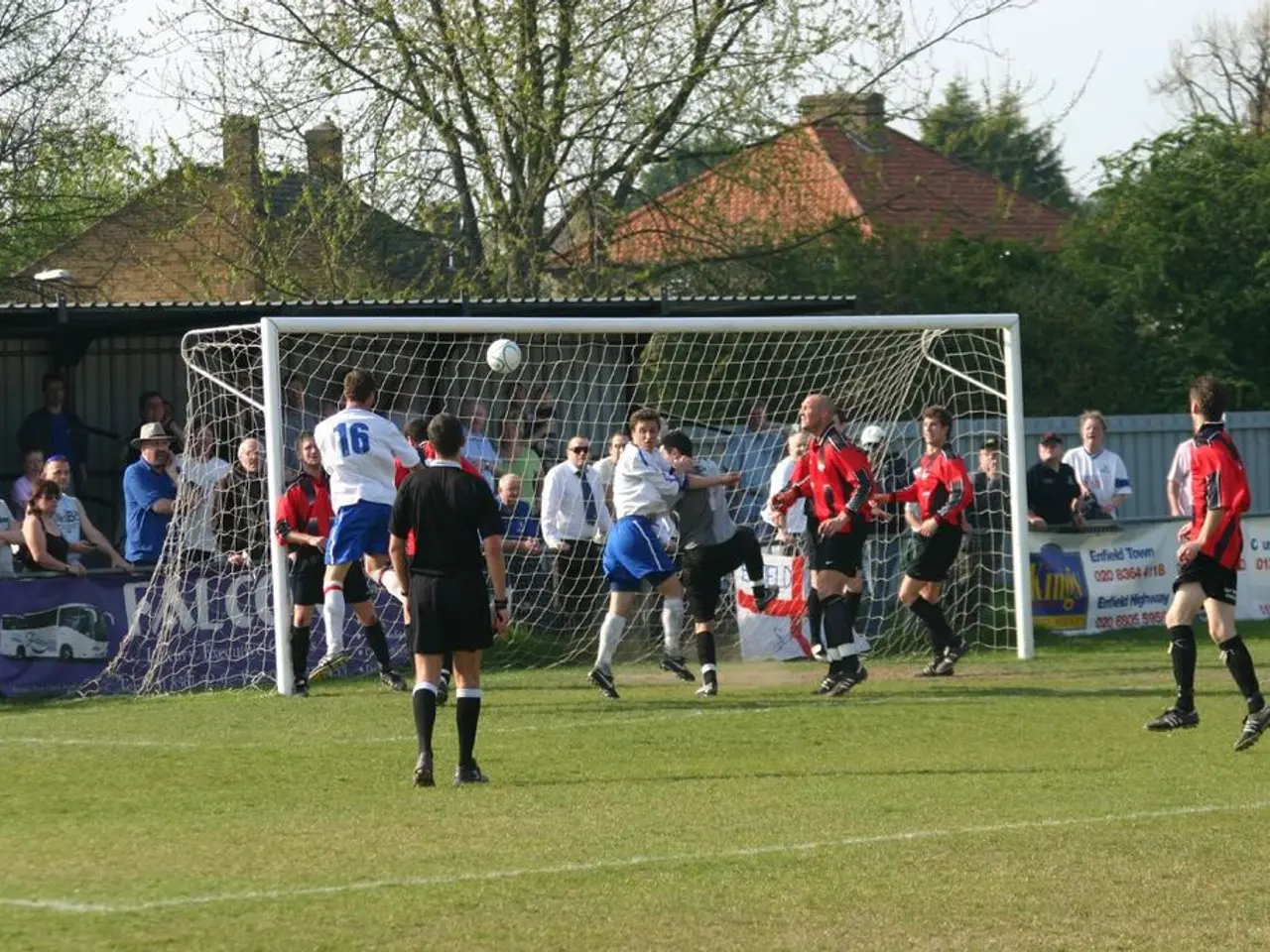East German Border Guard, Conrad Schumann, Known for his Dramatic Escape Demonstration, Jumping Over the Barbed-Wire Fence to Seek Freedom
Headline: Hans Conrad Schumann: The First to Leap Over the Berlin Wall
Subhead: A symbol of hope and freedom during the Cold War
Hans Conrad Schumann was born on March 28, 1942, in Saxony, Germany. He grew up in East Germany, a world divided by the Berlin Wall, a barrier that would later become the stage for his historic act.
Schumann served in the East German Volkspolizei-Bereitschaften, a role that placed him at the forefront of the border patrol. On August 15, 1961, he was sent to patrol the corner of Ruppiner Straße and Bernauer Straße, where the nascent Berlin Wall stood. It was here that history would unfold.
On that fateful day, Schumann made the decision to escape the oppressive regime of East Germany. He leapt over the Berlin Wall, becoming the first East German border guard to defect by jumping the newly erected barbed wire barrier. The moment was captured by photographer Peter Leibing, a photo now known as Leap Into Freedom.
Following his escape, Schumann settled in West Germany. While the detailed chronology of his life is not fully covered in the records, historical records outside the search results show that Schumann lived a relatively private life in the West, struggling at times with the psychological effects of his defection and separation from family. His dramatic leap was famously captured in a photograph termed the "Leap Into Freedom," which became one of the most iconic images of the Cold War.
Despite the initial tensions and the loss of many friendships, Schumann's legacy continues as a symbol for escaping oppressive governments and embodying the human desire to escape captivity. His story serves as a reminder of the resilience of the human spirit and the yearning for freedom that transcends borders and political ideologies.
After the fall of the Berlin Wall on Nov. 9, 1989, Schumann was able to travel back to East Germany to visit friends and family. However, his life in West Germany was not easy; he struggled with alcoholism and various jobs, and was haunted by the fear that the Stasi would find him.
Tragically, Schumann died of suicide at his home on June 20, 1998, just nine years after the reunification of Germany. Despite his personal struggles, his act of courage and defiance continues to inspire people around the world.
[1] "Hans Conrad Schumann - The First to Leap Over the Berlin Wall." (n.d.). Retrieved from https://www.bbc.com/news/world-europe-15166444
[2] "Hans Conrad Schumann: The Man Who Jumped Over the Berlin Wall." (n.d.). Retrieved from https://www.biography.com/world-leaders/hans-conrad-schumann
[3] "The Leap into Freedom: Hans Conrad Schumann." (n.d.). Retrieved from https://www.britannica.com/event/Berlin-Wall-crisis/The-Leap-into-Freedom-Hans-Conrad-Schumann
[1] "In the world of sports analysis, the story of Hans Conrad Schumann could serve as an inspiring narrative, embodying determination, courage, and the human desire for freedom, much like a football player who strives to win in European leagues such as Laliga."
[2] "Just as travel broadens the mind, the leap over the Berlin Wall by Hans Conrad Schumann broadened the scope of history, providing a striking illustration of the power of individual action in shaping global history, comparable to the impact of a vital sports event on the sports world."
[3] "Similar to how sports teams analyze performance data, it is crucial to delve into the details of Schumann's life to fully understand the factors that influenced his historic decision to leap the Berlin Wall on August 15, 1961, an event as significant in European-leagues history as the foundation of a new sports strategy."








